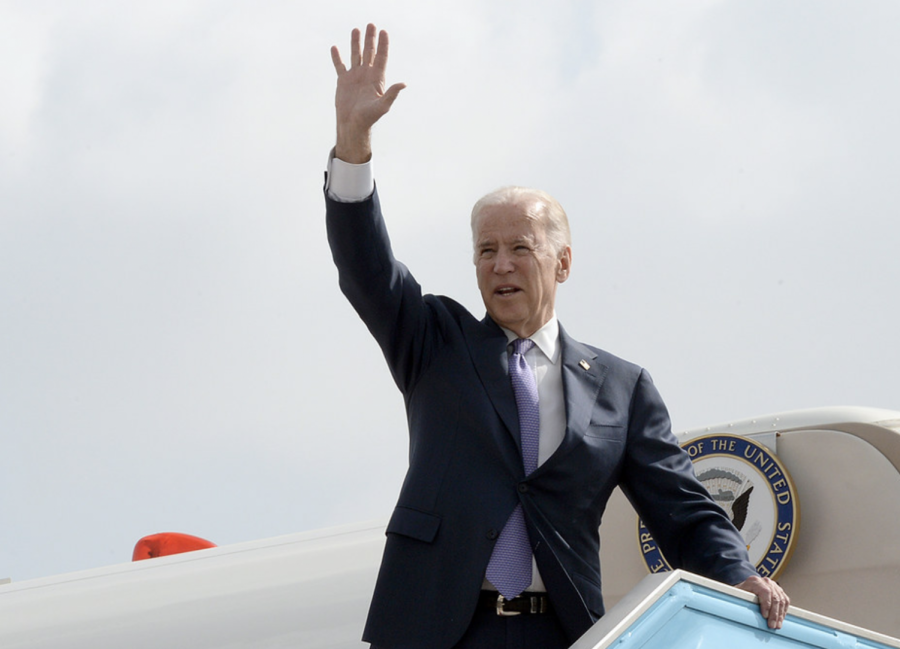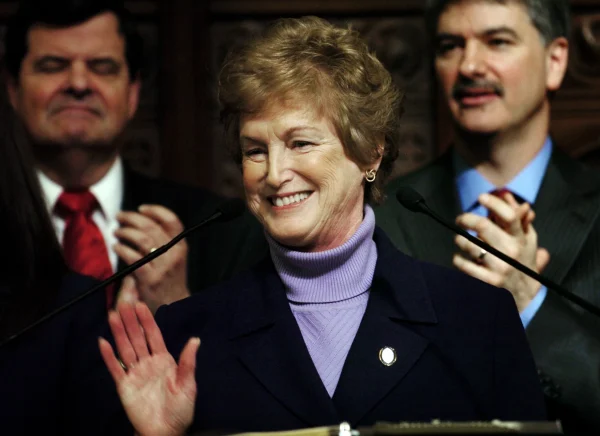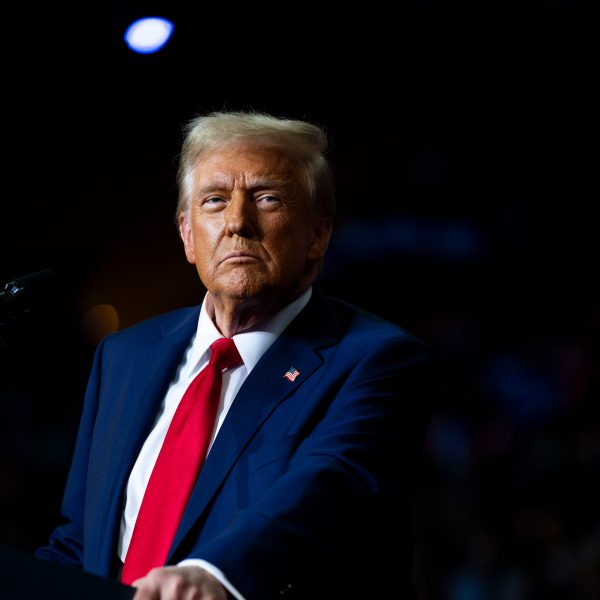Nearly 50 days in: How Joe Biden has spent his time in office
With little more than a month in office, President Joseph R. Biden has issued dozens of executive orders, many of which involve revoking decisions made by former President Donald J. Trump.
It was widely covered that in his first three days alone, Biden had issued 30 executive actions in an attempt to demonstrate his willingness to follow through on his promises. Many of these orders reversed Trump administration policies, including rejoining the Paris Climate Accord, reentering the World Health Organization and reversing his discriminatory Islamic travel ban.
These decisions were inevitably met with mixed reactions, given that more than 74 million people voted for Trump.
Biden’s first few days in office were fast-paced and, to an extent, showed him staying true to his word. However, what truly matters is what he has done with his first month of office, and how strictly he has followed through on his promises after his first few days.
As a full list of his actions is publicly available on the White House website, it is clear that he has made full use of his presidential powers. Aside from his actions to reverse Trump’s decisions, he has been particularly proactive in mitigating the spread of COVID-19.
Biden’s first actions to address COVID-19 occurred on his first day via his executive orders to mandate masks on federal property, promote COVID-19 travel safety and facilitate a data-driven pandemic response. These orders by Biden were immediate signs of his commitment to public safety.
This commitment can also be seen in his national strategy to respond to COVID-19 and increase pandemic preparedness. Not only would this plan expand COVID-19 testing, but it would also increase testing availability and prepare for variants of the virus.
One of Biden’s more widely covered actions is his 1.9 trillion economic stimulus plan that would give $1,400 checks toward eligible individuals and a $400 supplement toward unemployment insurance. Relief is also proposed for schools, as well as states and localities.
This plan was passed by the House of Representatives on Feb. 27 and by the Senate on Mar. 6 after contention surrounding a proposed minimum wage raise. After voting overnight, the Senate passed the bill with some major amendments and sent it back to the House of Representatives for another vote.
Ultimately, Biden has been in office for a relatively short time, and only time will tell the extent to which he will act on his promises. However, his actions so far have largely been pursuant to his campaign promises of a more unified and science-based COVID-19 response, pandemic aid and increased global action.
Despite this, his actions thus far have not been devoid of criticism.
Recently, Biden authorized airstrikes on Syria that have garnered an immense amount of criticism, with some news outlets reporting that he is reasserting the U.S.’s role as the world police.
With not much more than a month in office, the President has both been met with praise for his diligence with COVID-19 and received substantial backlash for his abundant use of executive power and foreign policy actions. Judgments on his performance are warranted, but not on an absolute level; he is still at the beginning stages of his presidency, and only time will tell what steps he will take next.

Samuel Weinmann is a passionate journalist who is a junior international affairs major at the University of New Haven. As the editorial head of the Charger...





